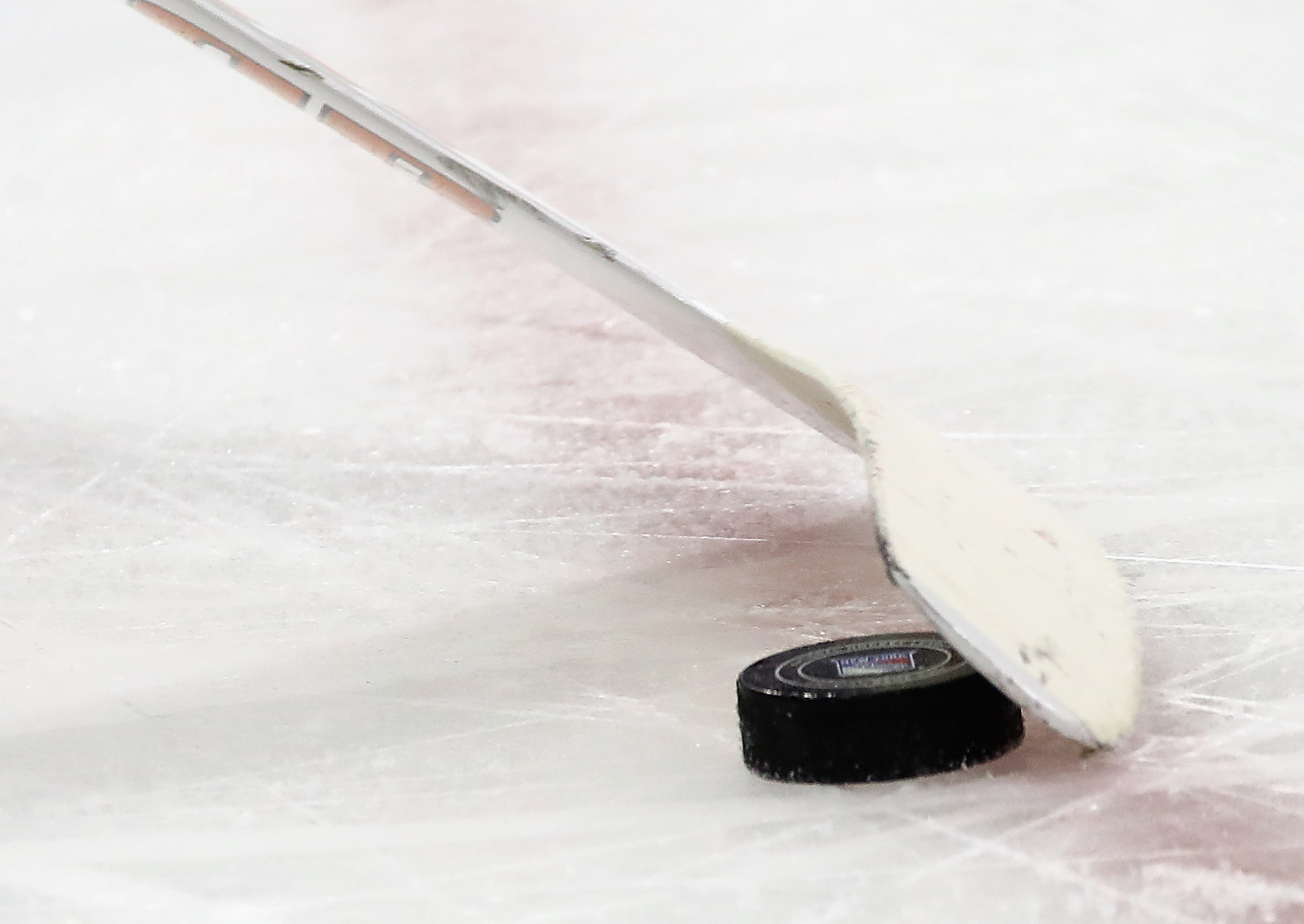As has been tradition the past few weeks, New York City is the last region ready to enter a new phase of the state's reopening strategy but this time does so without a key component already offered to the rest of New York.
Gov. Andrew Cuomo OK'd New York City to enter Phase III on Monday, but as he and Mayor Bill de Blasio previously announced, without the option of indoor dining.
"Out of an abundance of caution and after seeing other states' experience with indoor dining, we will wait to reopen it as the city moves to Phase Three tomorrow," the governor said Sunday in a press release. "As we end this holiday weekend, I urge everyone to be New York Tough: wear a mask, socially distance, use hand sanitizer and continue the smart practices that have made out state a national leader in combatting this virus."
The third phase of reopening resumes personal care services from nail and tanning salons to spas and massage parlors with COVID safeguards in place.
Even with reopening, some services are still prohibited at personal care businesses. State regulations prohibit any service that requires a customer to remove a face mask are prohibited, like nose piercings or facials.
Employees will be required to get diagnostic tests for the coronavirus every 14 days, and there must be a mandatory screening, like a questionnaire or a checking of temperatures.
The rest of New York state has already resumed indoor dining. Cuomo said Wednesday indoor dining would continue in the state's other nine regions, adding the issues that led to the delay in New York City are primarily city-specific issues. Seven regions have already moved into the fourth and final phase of Cuomo's reopening plan. Long Island and the Mid-Hudson region remain in Phase III.
News
The state recorded a slight uptick in coronavirus infection rates last week, growing steadily each day until it topped out on Friday. A look at the 7-day average however shows the rate of positive cases holds steady around 1%.
On Sunday, Cuomo's office said 533 tests came back positive from Saturday's testing of 63,415 people in the state. An additional eight people died from the virus, he said, bringing the state total over 24,900.
The spike in coronavirus infections across the country has prompted renewed caution from tri-state leaders, who have already issued a 14-day quarantine advisory for travel from a known hot-spot state. On Saturday, Florida reported 11,458 new coronavirus cases, its highest daily tally yet, nearly tying New York's high of 11,571 in April.
Monday brings its own set of reopening procedures to New Jersey, whose governor OK'd youth summer camp operations as long as social distancing and safety guidelines are followed.
Gov. Phil Murphy signed an executive order last week permitting the expansion of outdoor crowds to 500 people. This allows for outdoor graduation ceremonies this week.
Monday also marks a significant shift in New Jersey's public transportation operations. NJ Transit trains return to regular weekday service.
On Sunday, New Jersey health officials recorded 173,402 total coronavirus cases since the start of the pandemic. The state's death toll rose to 15,211 after 23 more people died Saturday from the virus.
Gov. Murphy told Andrea Mitchell on Sunday's "Meet the Press" a national strategy is necessary to defeat the virus.
"New Jersey's paid an enormous price, we've lost over 13,000 confirmed fatalities from COVID-19. We're starting to see small spikes and re-infection from folks coming back from places like Myrtle Beach as well as in Florida and other hotspots," Murphy said. "We're only as strong as our weakest link. I think we need a national strategy and masking is at the core of that."



